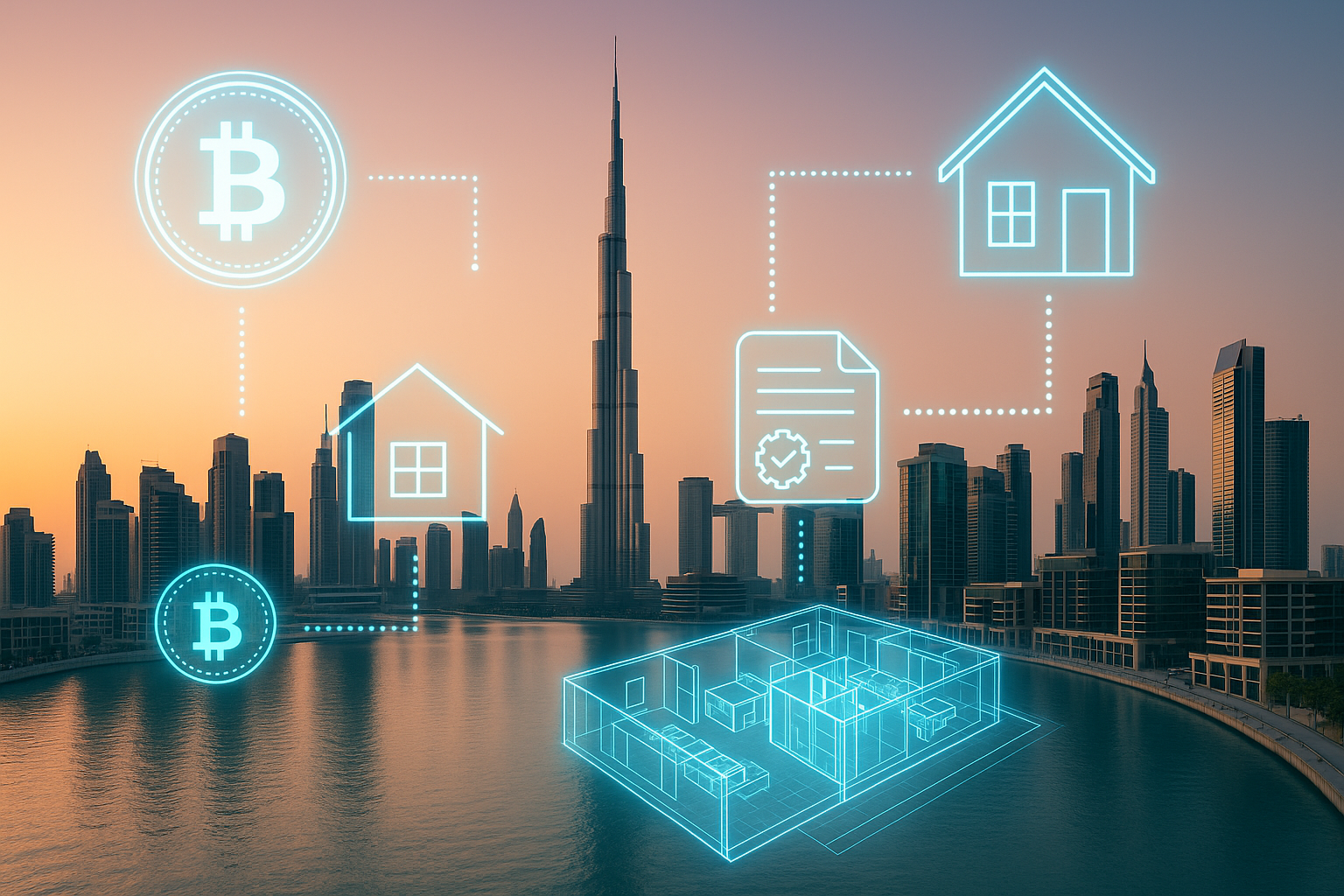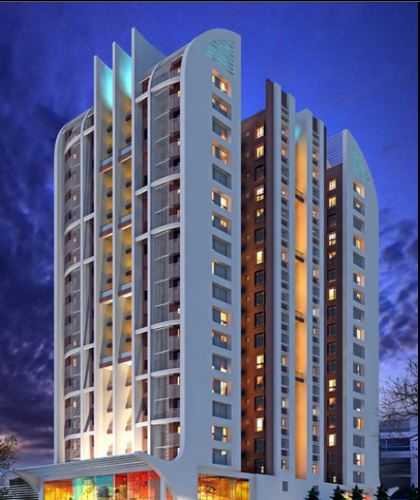
Understanding Tokenized Real Estate in Dubai: A New Era for Property Investment
This article explains what tokenized real estate is, how it works, and why it's becoming a key pillar in Dubai’s property market.
What Is Tokenized Real Estate?
Tokenized real estate is the process of dividing a physical property into digital tokens on a blockchain. Each token represents a portion of the asset’s value and ownership. These tokens can be bought, sold, or traded on digital platforms—similar to stocks or cryptocurrency.
For example, a villa worth AED 10 million can be split into 1,000 tokens, each worth AED 10,000. Investors can buy as many tokens as they like, thereby owning a share of the property.
How Blockchain Enables Real Estate Tokenization
Blockchain technology provides the foundation for this process by offering:
Decentralized ownership records
Smart contracts for automated execution
Immutable transaction history
Global accessibility for investors
Smart contracts are particularly useful. They automatically manage rights, payments, and agreements between parties removing the need for middlemen like brokers, banks, or even lawyers in some cases.
Key Benefits of Tokenized Real Estate
Fractional Ownership
Investors can participate in high-value properties without needing the full capital, reducing entry barriers.
Increased Liquidity
Traditionally, real estate is illiquid—it takes time to sell or transfer property. With tokenization, assets can be traded on secondary markets almost instantly.
Global Accessibility
Investors from anywhere in the world can invest in Dubai’s real estate market remotely, via digital wallets.
Transparency and Security
All transactions are recorded on a blockchain ledger, minimizing fraud and disputes.
Faster Transactions
Blockchain reduces transaction time from weeks to minutes, thanks to automated verification and smart contracts.
Dubai: A Global Leader in Tokenized Property
Dubai’s regulatory environment is uniquely supportive of blockchain applications. Authorities like the Dubai Land Department (DLD) and Dubai Virtual Asset Regulatory Authority (VARA) have actively promoted innovation in real estate technology.
The emirate’s Smart Dubai initiative also aligns with tokenization goals by promoting digital transformation across sectors. From legal frameworks to real-time property registries, Dubai is building the infrastructure required to support tokenized property ownership.
The Prypco Case Study: Why It’s a Big Deal
In early 2025, a tokenized Dubai property project was listed on Prypco Mint, a blockchain-based investment platform. The offering was fully subscribed in under two minutes, showing overwhelming investor interest.
This rapid sell-out signals several important trends:
Strong market confidence in tokenized real estate.
Growing interest from tech-savvy investors.
A maturing ecosystem of secure and efficient digital platforms.
It also reflects the rising demand for alternative investment models—particularly fractional ownership in high-yield markets like Dubai.
Risks and Considerations
While tokenization offers many advantages, it is not without risks:
Market Volatility
Token values can fluctuate based on property market conditions and investor sentiment.
Regulatory Uncertainty
Although Dubai is ahead of most markets, regulations are still evolving. Changes may impact platform operations.
Technology Reliance
Blockchain-based systems depend on robust cybersecurity measures. Breaches, while rare, can be costly.
Limited Exit Options
Although liquidity is better than traditional real estate, secondary markets for real estate tokens are still developing.
Investors must conduct thorough due diligence, including platform reliability, legal compliance, and asset quality.
The Role of Real Estate Agencies in Tokenization
Even as blockchain automates many aspects of property transactions, the role of trusted real estate consultancies remains crucial. Agencies provide:
Market insights on the best-performing asset classes
Legal clarity on token contracts and land ownership laws
Due diligence on token issuers and platforms
Ongoing support for investors managing digital portfolios
In Dubai, traditional and digital real estate are likely to coexist and complement each other, giving investors more options than ever before.
What the Future Holds
With the success of early tokenized projects and strong backing from Dubai’s leadership, the future of property investing is poised to become more digital, more inclusive, and more global.
In the next 2–5 years, we can expect:
More licensed platforms offering tokenized assets
Integration with digital wallets and mobile apps
AI-based valuation and prediction tools
Increased adoption by institutional investors and REITs
Conclusion
Tokenized real estate is no longer a concept it’s a functioning, fast-growing part of Dubai’s property market. With the city’s forward-thinking regulation, global appeal, and robust infrastructure, it is an ideal testing ground for the future of fractional, blockchain-backed property ownership.
For investors and market watchers alike, it’s a trend worth tracking closely.






Leave a Reply
Comments